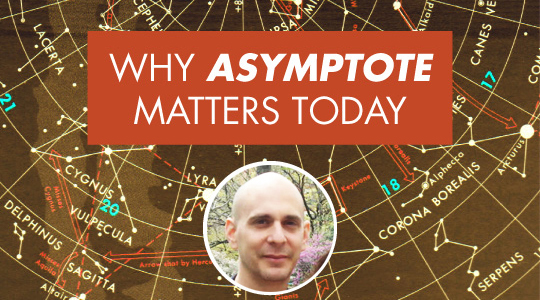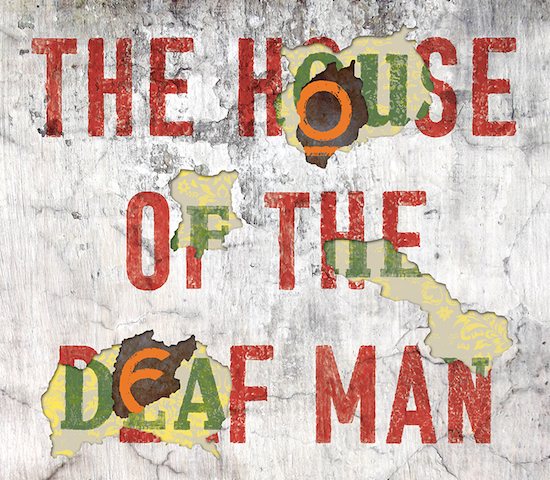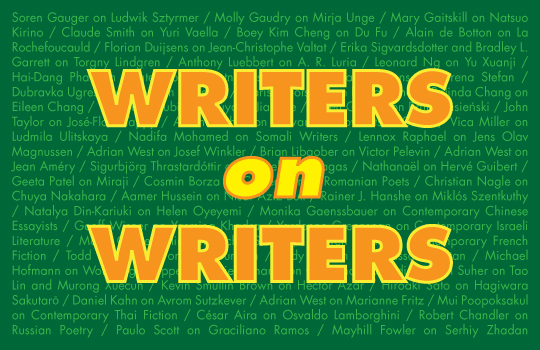Adrian Nathan West (Contributing Editor): German writer Hans Henny Jahnn is one of the least classifiable writers of the twentieth century, and the relative paucity of his work in English translation is perplexing. Among his compatriots, his admirers included Bertolt Brecht, Thomas Mann, Peter Weiss, and Wolfgang Koeppen—the last of whom compared Jahnn’s prose style to Martin Luther’s Bible; Jahnn is one of the poets cited in Roberto Bolaño’s “Unknown University;” and more recently, he was the subject of a long blog post by Dennis Cooper. The philosophical currents underlying his work have much in common with Georges Bataille: the focus on the limit-experience, often attained through an agony that grazes against beatitude, the emphasis on the organic substrate of conscious life, and an unsettling combination of orgiastic excess and monastic quietude characterize both men’s work, though Jahnn’s precise and involuted language is far more innovative than Bataille’s. READ MORE…
Posts filed under 'adrian nathan west'
What We’re Reading in July

What members of Asymptote's team have been reading—juicy, super-sweaty summer edition!
For all you graphic novel (in translation!) fans: contributing editor Adrian Nathan West translated A Human Act, about the Second Mafia War, by Manfredi Giffone, Fabrizio Longo, and Alessandro Parodi for Words Without Borders. And in Brouillon, he discusses the challenges of translating alliteration in Pere Gimferrer’s Fortuny; in this case, his search through the Oxford English Dictionary leads him to “Vauntmure,” “a beautiful, obsolete word” and a type of fortification wall.
Transaction Press has just published past contributor John Taylor’s collection of essays A Little Tour through European Poetry. It follows John Taylor’s earlier volume Into the Heart of European Poetry and discusses a great number of translations, including poetry from the Czech Republic, Denmark, Lithuania, Albania, Romania, Turkey, and Portugal. It even presents an important poet born in the Chuvash Republic—not to be missed!
In November, Joshua Craze, nonfiction editor, published an excerpt from his forthcoming novel, Redacted Mind, with New York’s New Museum as part of its center for translation. The center previously hosted another book project of his, How To Do Things Without Words. In his introduction to Craze’s work, Omar Berrada, co-director of Dar Al-Ma’mûn, said, “In most cases, looking for whatever text lies behind the redactions is bound to fail. Instead, Craze proposes to examine what the redaction performs. Rather than uncovering the secret beneath the mask, understanding depends on looking closely at the surface itself. It is an art of description, of listening to surfaces.”
One sad summer—possibly in 2010—I came across Vivian Gornick’s The Men in my Life. The book’s premise is simple. Gornick’s essays, written with characteristic clarity and poise, profile writers such as such as H.G. Wells, Loren Eiseley, and James Baldwin. From works and lives so very diverse, Gornick discerns one common thread: loathing, especially of the self, was often a potent inspiration. Loneliness, too.
The book’s title is less playful—and more literal—than one might think. Gornick’s men here are not just any men, nor just any literary men. They are, indeed, the men in her life. Each of her essays resounds as a conversation between two minds; the kind of conversation that doesn’t so much blur the distinction between life and letters as it nullifies the need for it. The book, for me, sparked a lasting fascination with essays by writers on writers—the very best of which open up the conversation to a third party, a sort of kindly voyeur: the reader.
And then a friend introduced me to Asymptote, an online journal with a whole section devoted to precisely that format. What better way to introduce writers little known in the Anglophone world than through the unique voice of another? However intimate the relationship between a writer and their mentor, colleague, rival, or translator, and however close or far apart they may be in age or geography—publishing these essays in English exposes these networks of admiration and craft, revealing tantalizing lines of further inquiry and further reading. READ MORE…
Why Asymptote Matters Today

Every time a new journal or small press launches, it is a major event for literature; every time one closes, it is a disaster.
It is a rare person who will affirm that things in English-language publishing are exactly as they should be. The #readwomen 2014 campaign emphasized the scandalous gender bias in publishing, promotion, and reviewing; the translation database at Three Percent tracks abysmal figures for foreign fiction in translation; and anecdotally, anyone who has dealt with large publishers cannot help but lose heart at their willingness to lose millions on lavish advances for famous has-beens while refusing the relatively minor risk of publishing foreign writers of great stature.
The situation is hardly better with journals and magazines. While a cornucopia of poorly funded, university-based journals offers prospective writers and translators next-to-no visibility, more famous outlets, many of which state in their masthead a willingness to publish the new, the daring, and the uncategorizable, go on cranking out one mind-numbing workshop story after another. Then, up in the ether, are the Atlantic, the New Yorker, the Paris Review, and their ilk, at the gates of which the translator clamors like poor K. before the portal of Kafka’s castle. READ MORE…


